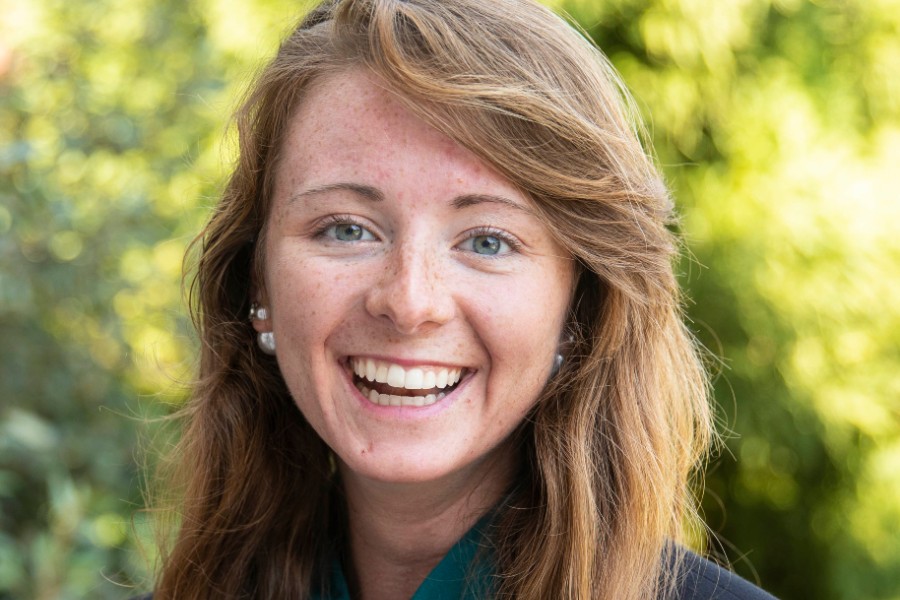Student PA selected for prestigious fellowship
Lipscomb student one of 20 nationwide to boost leadership skills through national association program.
Janel Shoun-Smith | 615.966.7078 |

For the second time in its two-year history, a PA student from Lipscomb’s program was the only one in Tennessee, and one of 20 nationwide, to be selected for the Physician Assistant Education Association’s Student Health Policy Fellowship.

Kimberly Warren
Kimi Warren, a second-year PA student from Murfreesboro, Tennessee was selected, and under normal circumstances, she would have attended an intensive workshop designed to bolster students’ advocacy and leadership skills in Washington D.C. This year, the immersive workshop met virtually, via Zoom meetings, over the course of three days.
The fellowship is designed to enhance students’ understanding of the political process and health policy. The ultimate goal is to inspire and prepare fellows for lifelong grassroots advocacy, both in Washington and at home, that promotes the PA profession as an integral part of the health care system.
From September 14–16, fellows learned from influential congressional and executive branch staffers, experts in PA practice and education policy, and other advocacy stakeholders before having the opportunity to directly meet with the offices of their elected representatives.
Topics covered in the workshop included bills that would affect the loans and educational opportunities for physician assistant students, as well as, expanding health care to underserved populations.
With a heart for advocacy, Warren saw the health policy fellowship as a “beautiful opportunity to advocate for the profession I am passionate about.” The educational element of the workshop was also perfect for Warren. She believes that “education is a crucial component of being a health care provider: continuing education as a provider, educating patients and advocating to lawmakers,” she said.
“This workshop was particularly helpful in demonstrating how advocacy is effective and needed to educate those who have been elected to make legislation for the nation,” she said.
One of the most valuable aspects of the workshop was the chance for students to have conversations with staffers for Tennessee’s congressional representatives about future legislation that will affect PA students and the representatives’ constituents. After lectures and interactive sessions with staff from the American Academy of Physician Assistants, the fellows had time to plan and develop an advocacy project to carry out at their home campus. Each student involved in the Student Health Policy Fellowship is required to complete a community-based advocacy project using what they learned at the workshop by the end of the year.
Warren is already hard at work on her local project. She aims to make a therapy and counseling center available for PA students to use. Warren also hopes to help with the next state-level PA Day on the Hill that is held in February. She said she “would love to help more health professionals get involved in local, state and federal government.”
Warren expects to graduate in December 2021. “I will continue to carry the lessons I have learned about serving from Lipscomb and educating with advocacy from this fellowship,” she said.